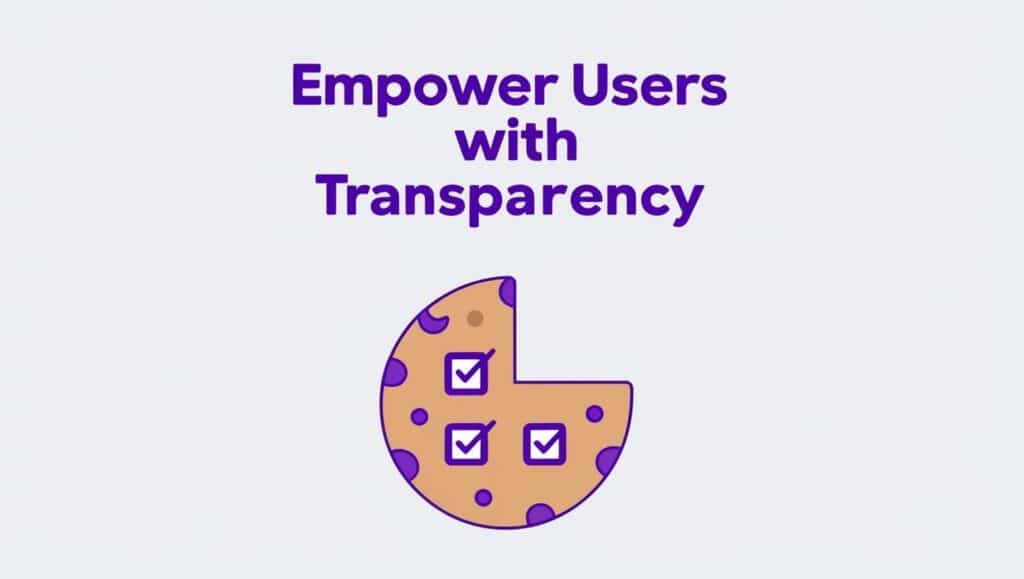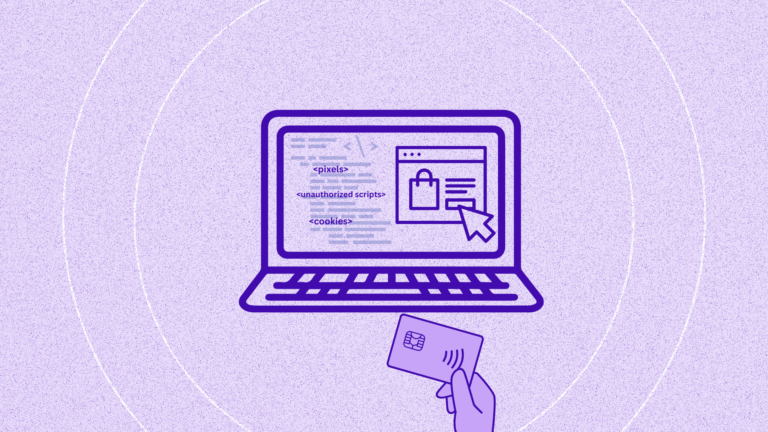TL;DR
- Web pixels silently collect user data, often without consent, creating privacy and compliance liabilities under frameworks like GDPR and CCPA.
- Third-party pixels introduce hidden risks, including shadow code, unauthorized data sharing, and browser-side security gaps that most tools ignore.
- Client-side security is essential for compliance, but traditional privacy tools don’t monitor what happens in the user’s browser.
- Feroot helps mitigate pixel-based threats by detecting unauthorized scripts, enforcing client-side security policies, and mapping gaps to compliance frameworks.
- CISOs use Feroot to regain control over web tracking, ensuring audit-ready privacy practices across modern front-end stacks.
Introduction
Web Pixel Privacy Risks and Mitigation Strategies are crucial topics for businesses today. In the previous posts, we explored the world of web pixels, uncovering potential privacy risks and highlighting the importance of a thorough audit. Now, let’s shift our focus to actionable strategies for mitigating these risks and ensuring your web pixel usage is both effective and ethical.
1. Embrace Transparency and Control in Web Pixel Privacy Risks
Users are increasingly concerned about their online privacy. Empower them with transparency and control over their data. Implement clear and concise cookie banners that provide users with genuine choices about data collection. Allow them to easily opt-out of tracking or customize their preferences.

2. Minimize Data Collection to Mitigate Web Pixel Privacy Risks
Only collect the data that is absolutely necessary for your business purposes. Avoid collecting sensitive personal information unless absolutely essential and you have obtained explicit consent.
3. Strengthen Data Security for Better Pixel Risk Mitigation
Treat user data with the utmost care. Implement strong encryption protocols to protect data both in transit and at rest. Conduct regular security assessments and penetration testing to identify and address vulnerabilities in your systems.
4. Review Third-Party Relationships for Ethical Data Practices
Carefully vet your third-party vendors and partners who handle user data. Ensure they have robust data protection policies and security measures in place. Establish clear contractual agreements that outline data processing responsibilities and limitations.
5. Stay Informed About Web Pixel Privacy Risks and Compliance
Data privacy regulations are constantly evolving. Stay up-to-date with the latest changes in privacy laws like GDPR and CCPA. Regularly review and update your privacy policies and data handling practices to ensure ongoing compliance.
Communicating Your Commitment to Privacy:
Building trust with your users is crucial. Clearly communicate your commitment to protecting their privacy.
Here’s how:
- Publish a Comprehensive Privacy Policy: Make your privacy policy easily accessible and understandable. Clearly explain how you collect, use, share, and protect user data.
- Highlight Your Data Security Measures: Reassure users that their data is safe with you. Describe the security measures you have in place, such as encryption and secure storage.
- Provide Clear Contact Information: Make it easy for users to reach out with privacy-related questions or concerns. Offer multiple channels of communication, such as email, phone, or a dedicated contact form.
The Bottom Line:
Web pixels are powerful tools for businesses, but they must be used responsibly and ethically. By embracing transparency, prioritizing data minimization, strengthening security measures, and fostering a culture of privacy within your organization, you can harness the benefits of web pixels while respecting user privacy and mitigating potential risks.
FAQs
What makes web pixels a privacy risk under GDPR or CCPA?
Web pixels often collect personal data like IP addresses, page behavior, or session identifiers without clear user consent. This can violate data minimization, transparency, and lawful processing principles under major privacy laws.
Can marketing or analytics scripts trigger compliance violations?
Yes. Even legitimate tools like Meta Pixel or Google Analytics can capture personal data and send it to third parties, sometimes in violation of user consent or data residency requirements.
Why don’t traditional security tools catch pixel-based risks?
Most security and compliance tools focus on server-side or network-layer visibility. Web pixels operate on the client side — inside the browser — where they often go undetected unless you have purpose-built visibility like Feroot provides.
How does Feroot help mitigate web pixel privacy risks?
Feroot monitors and controls client-side code execution. It detects unauthorized scripts, flags third-party data flows, and enforces security policies that reduce the risk of noncompliant tracking or data leakage.
Can Feroot map pixel activity to compliance frameworks?
Yes. Feroot maps browser-side risks — including unauthorized pixels — to requirements in PCI DSS, GDPR, HIPAA, and others. This helps CISOs and privacy leaders maintain compliance without manual investigation.


